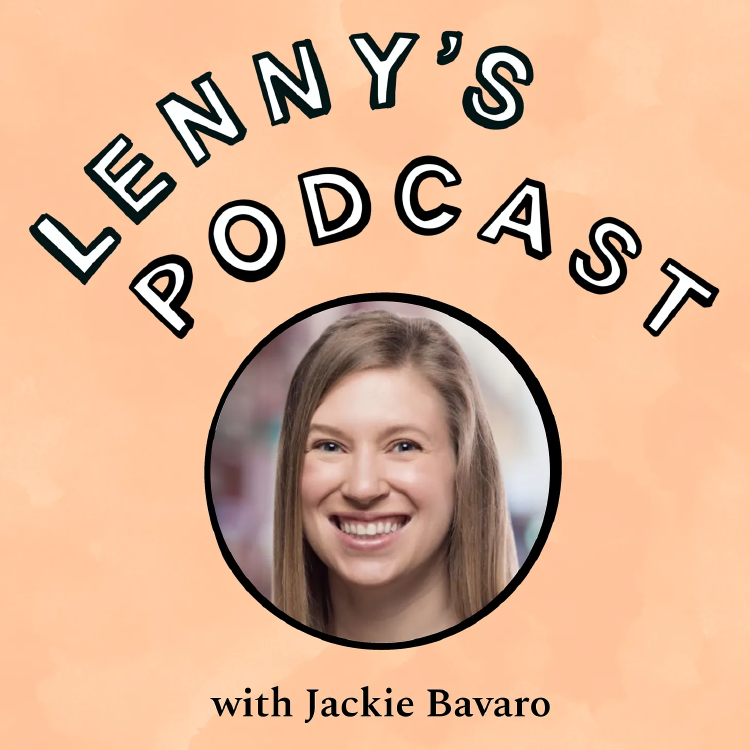Jackie Bavaro on Strategy
Bavaro's approach to strategy: Vision, Strategic Framework, and Roadmap.

- David Gérouville-Farrell
- 2 min read

Jackie Bavaro’s breakdown of strategy in her recent podcast interview really stuck with me. She shared a simple (but I think, pretty good) framework that highlights three key components of strategy: Vision, Strategic Framework, and Roadmap.
1. Vision: “This is where we want to go”
The vision is an inspiring picture of what the future looks like. Jackie framed it:
“Hey everyone, this is where we want to get to—don’t you want to build this future with me?”
A strong vision aligns teams and gives people a reason to care about the strategy. It sets the direction and creates excitement for the journey ahead.
2. Strategic Framework: “Here’s how we’ll get there”
This is where the real meat of the strategy lives. It’s the unique way you break down the problem. She shared some guiding questions to anchor this:
- What market are we going after?
- What does success look like?
- What are the big bets we’re going to make?
The framework establishes focus. It clarifies priorities and helps avoid the pitfall of chasing shiny distractions.
3. Roadmap: “Let’s check if this makes sense”
The roadmap ties it all together by working backwards from the vision. It isn’t a rigid commitment—it’s a reality check:
- If our vision is achievable in 5 years, what do we need to accomplish in 2?
- Are we clear on the resources required? (e.g., hiring, prioritising what matters most)
A roadmap ensures the strategy is grounded in reality. It prevents you from treating a 30-year bet like a 5-year plan. It’s the wake-up call that forces hard decisions:
“We need to hire a team twice as big. We need to say no to these optional things.”
thingsithinkithink
I like this (in general) but in particular the Roadmap bit spoke to me.
I think I have struggled in thinking of a strategic roadmap a bit too much like a product roadmap. The twist of thinking of the roadmap as a “reality check” instead of a commitment is brilliant.
- We’re not saying we will have XYZ done in 6 months
- We are saying that if we don’t then we are not on track to achieve our strategy